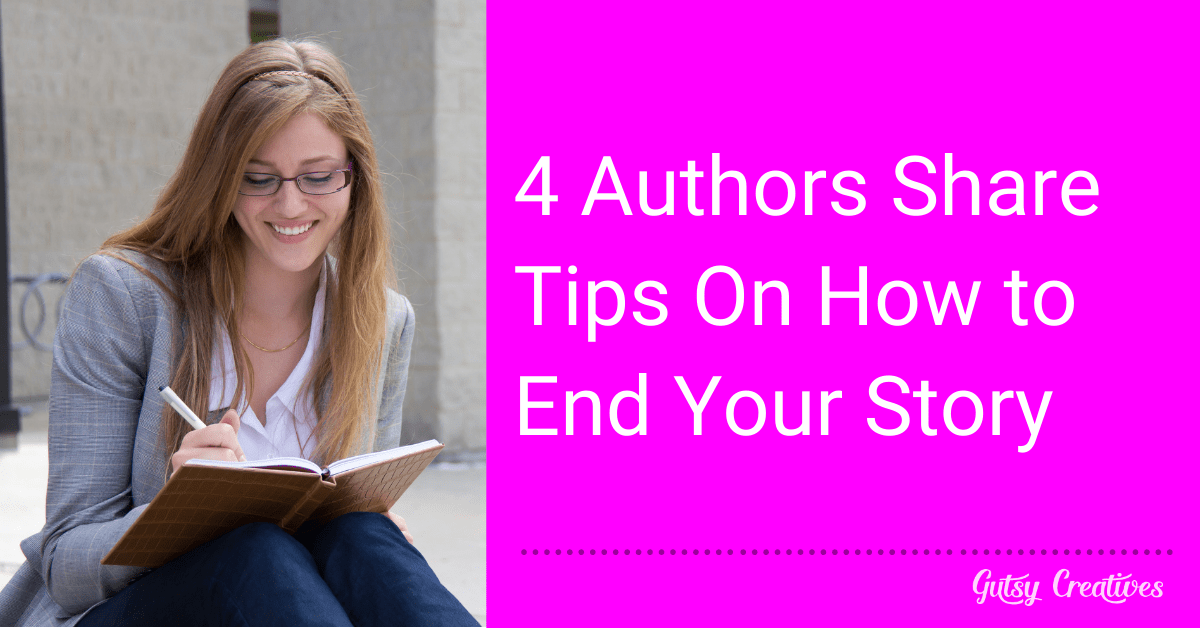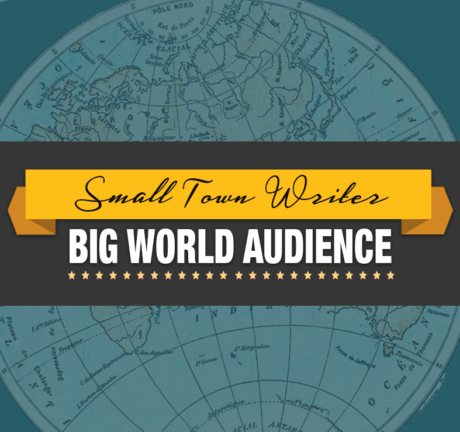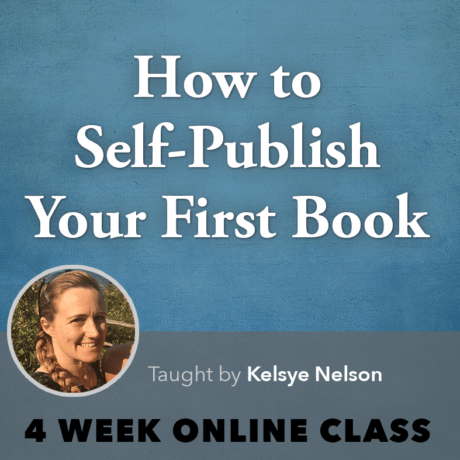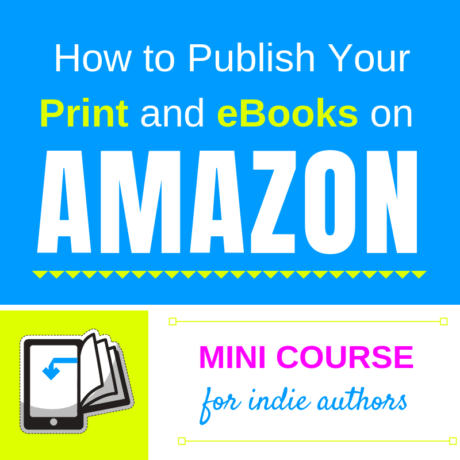

Once you get that push to begin your story and weave your plot on the way, the next biggest obstacle comes with the ending. What kind of ending does your story deserve? What will have the biggest impact on your readers, leaving them both satisfied and surprised in the end?
Sometimes, you spend hours and hours trying to come up with a shocking way to end your book, often focusing on the “shock” aspect and not in terms of story arc, which tends to leave fans disappointed. At other times, you leave too many loose ends unexplained, leaving fans frustrated. Not many people talk about the struggles of writing the perfect story ending – if a perfect story ending was even possible in the first place. It’s always about how to start your story, and how to develop a writing routine so you can continue unhampered by laziness or other commitments – rarely do people discuss ending what you began.
Here is a compilation of a few obscure advice from famous authors on writing a good ending for your story.
1. Remember Your Main Character’s Arc
“Your lead character should be center stage at the end. Everything he learned throughout all the complications that arose from his trying to fix the terrible trouble you plunged him into should by now have made him the person who rises to the occasion”
J. Jenkins
Jerry Jenkins is an author of nearly 200 books, with sales totaling more than 71 million copies. He’s mostly famous for his Left Behind series, a New York Times bestselling novel series beloved by many. According to him, the most important thing you need to remember when plotting your story’s ending is the character arc of your protagonist. Your protagonist likely goes through a series of trials and tribulations to come to where he is now – perhaps a face-off with the villain – and it is at this moment that everything he has learnt should lead to something substantial.
2. Go Where the Story Leads You
“When I started I thought to myself, ‘Well, this will be the opposite of Dracula where the good guys win and in this book the good guys are gonna lose and everybody’s gonna become a vampire at the end of the book.’ And that didn’t happen. Because you go where the book leads you”
Stephen King
If, halfway through your book, you realize that your story is taking you on an entirely different path to what you had initially planned, don’t panic. Bestselling author of horror, supernatural fiction, suspense, crime, science fiction, and fantasy novels, Stephen King, says that all you have to do is to trust in where your story is taking you, and you will have a satisfying ending that will surprise even you.
3. Make the Final Decision
“… barrel on through, get it done, and then you can see what else it might need. And remember, you can always revise. If you need a different sofa, you can have a different sofa, because nobody’s going to see that until you allow them to. So overcome your completion fear and just finish… When push comes to shove, the buck stops with you. So, whoever’s advice you may have taken, whatever alterations may have been made, what is on that page is going to be considered your work”
Margaret Atwood
While you should indeed consider the advice of others, especially your editor, that doesn’t mean you have to follow it every time. The final say in your story lies with you, and you alone. If you’re compelled to change your ending to something that you’re not happy with – you can always say no, says Margaret Atwood, a Canadian poet, novelist, literary critic and essayist, most famously known for her dark dystopian book, The Handmaid’s Tale..
Backing up her statement, Neil Gaiman – author of many famous books like American Gods and Coraline – advises on something similar. “You always have to remember when people tell you that something doesn’t work for them, that they’re right. It doesn’t work for them, and that is incredibly important information. You also have to remember that when people tell you what they think is wrong and how you should fix it, that they’re almost always wrong. If you try and fix things their way, you’ll be writing their story, and you have to write yours,” he says.

Sharika Hafeez
Sharika Hafeez is a nerd, and she’s proud of it. Growing up, she fell in love with books and writing, and is currently following her undergraduate degree (for some mysterious reasons) in Physics. She likes procrastinating by watching the stars with a steaming cup of tea, composing poetry in her head.







0 responses on "4 Authors Share Tips On How to End Your Story"